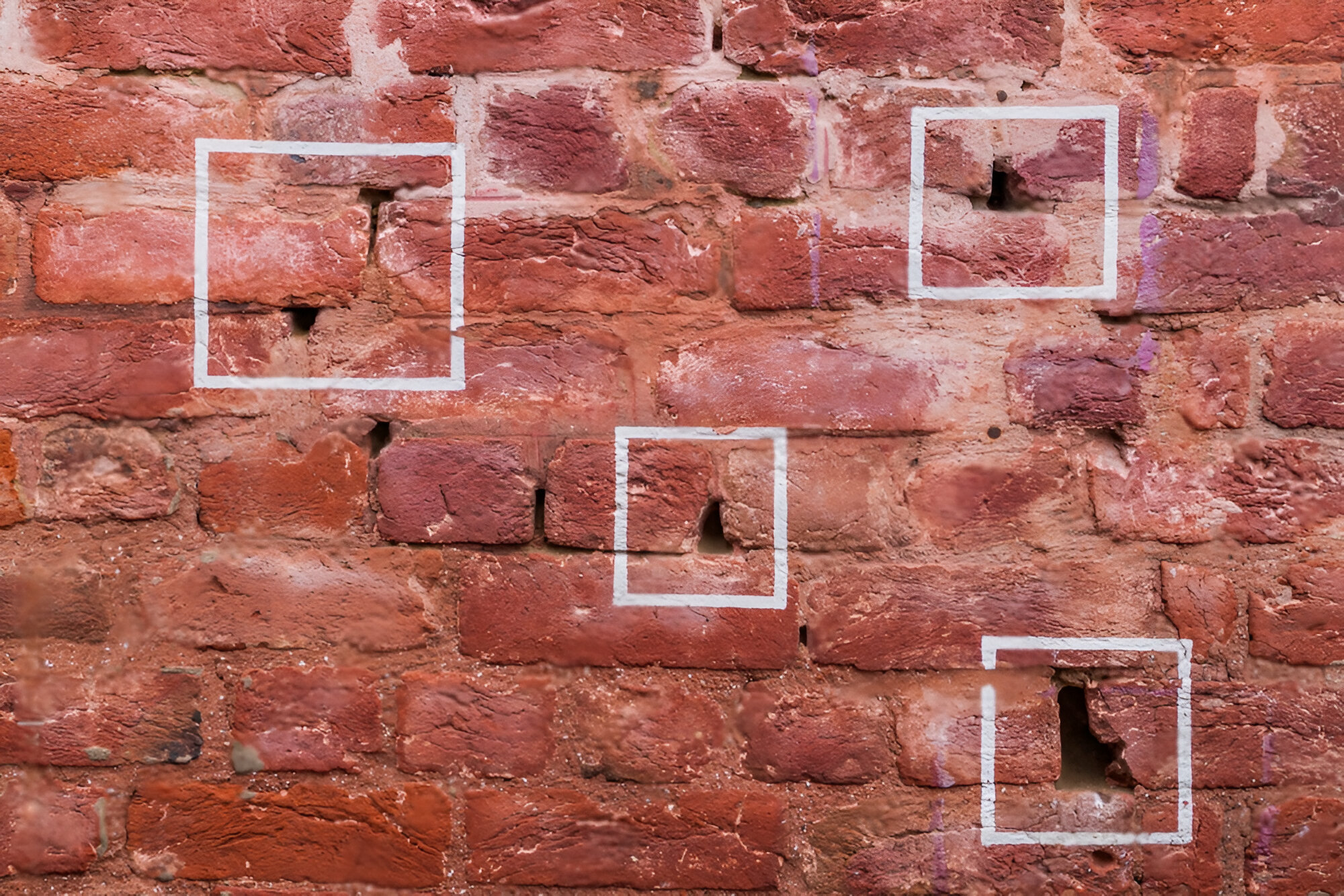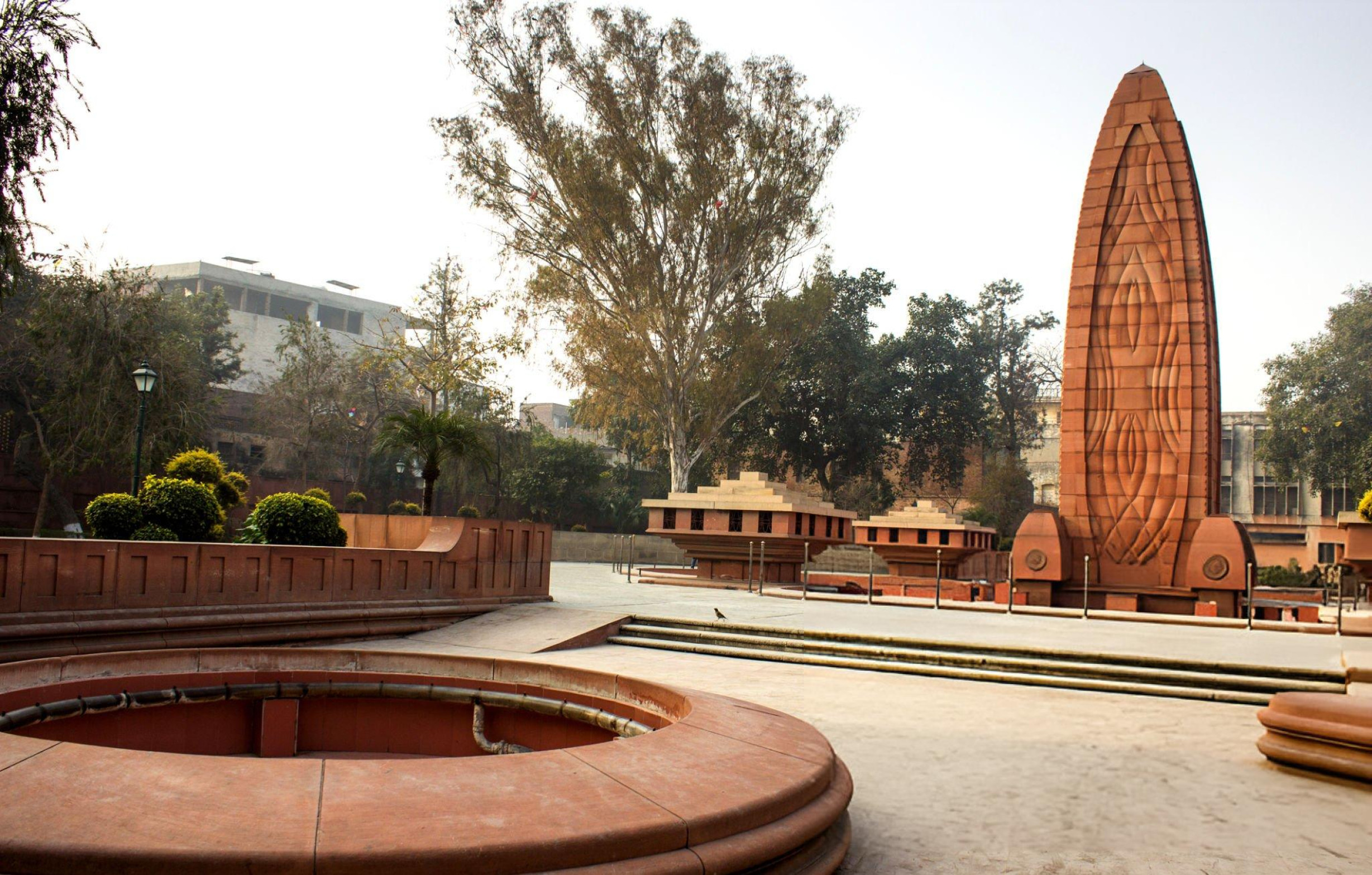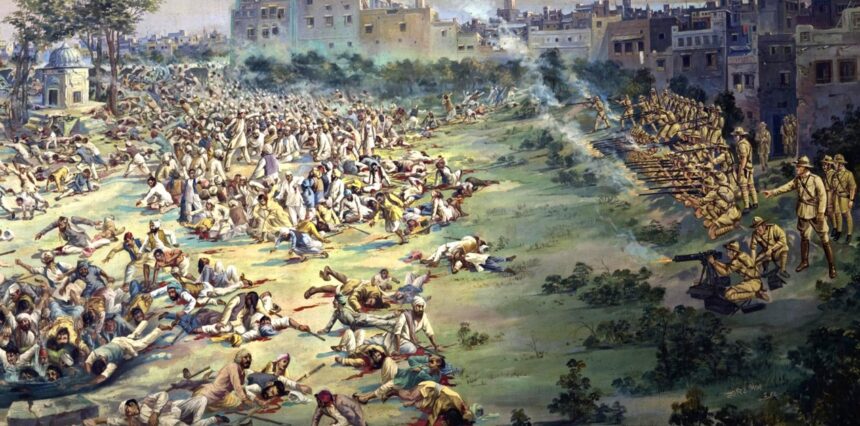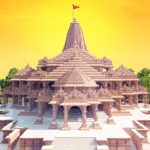On April 13, 1919, a peaceful gathering in Jallianwala Bagh in Amritsar, Punjab, turned into one of the bloodiest events in Indian history. The Jallianwala Bagh massacre, also known as the Amritsar massacre, exposed the brutal reality of British colonial rule in India. Yet, more than a century later, many still don’t realize the depth of its horror or the significance it played in shaping India’s freedom movement.
This blog post revisits the forgotten massacre and sheds light on a dark chapter that must never be erased from our collective memory.
What Led to the Jallianwala Bagh Massacre?

In early 1919, the British enacted the Rowlatt Act, which allowed them to imprison any Indian without trial. This draconian law sparked widespread protests across the country. In Amritsar, the situation was especially tense. On April 10, two popular Indian leaders, Dr. Saifuddin Kitchlew and Dr. Satya Pal, were arrested, leading to mass demonstrations.
On April 13, thousands of unarmed civilians—including men, women, and children—gathered at Jallianwala Bagh, a public garden surrounded by high walls, to protest peacefully and celebrate the Punjabi festival of Baisakhi.
The Day of the Massacre
Without warning, Brigadier-General Reginald Dyer arrived with 90 soldiers, blocked the only main exit, and ordered them to open fire on the unsuspecting crowd. For 10 minutes, 1,650 rounds of ammunition were fired without any prior notice to disperse.

Casualties
-
Official British report: 379 dead, over 1,200 injured
-
Indian National Congress estimate: Over 1,000 killed, thousands wounded
The bullets were aimed not just at the crowd, but also at the few open exits—ensuring maximum damage.
Global Reaction and Aftermath
The massacre shocked the world. British leaders were divided—some condemned General Dyer’s actions, while others hailed him as a hero. In India, the massacre became a turning point in the freedom struggle.
Key Consequences:
-
Rabindranath Tagore renounced his knighthood
-
Mahatma Gandhi launched the Non-Cooperation Movement
-
A permanent scar was left on British-Indian relations
Why It’s Called a Forgotten Massacre
While taught in Indian schools, Jallianwala Bagh often lacks global attention. Unlike other historical atrocities, it has not received widespread international acknowledgment or official apology from the British government—despite repeated calls for one.
In 2019, during the centenary of the massacre, British leaders expressed “deep regret”—but stopped short of a formal apology.
Legacy of Jallianwala Bagh
Today, Jallianwala Bagh stands as a national memorial, reminding India of the sacrifices made for independence. The bullet marks on the walls and the well where people jumped to escape gunfire remain chilling symbols of the brutality faced under colonial rule.









